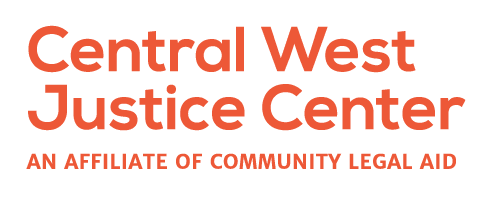
March 6, 2020
Partnerships urged at Worcester forum on battling poverty
By Craig S. Semon, Worcester Telegram &Gazette
WORCESTER — The Worcester Community Action Council held its annual Poverty Forum, “Driving Solutions in Partnership,” Thursday at the Hanover Theatre, with a call to action from Marybeth Campbell, executive director.
“Many of us in this room are nonprofits across health, human services, housing, transportation, child care. And we probably share a lot of the same clients,” Campbell said. “How do we identify who those shared clients are and figure how do we triage and help support those clients together beyond our one-off programs and services but really look at that continuum,” said Campbell, who served as moderator for the event.
Noreen Johnson Smith, WCAC board chair and chief strategy officer at the Family Health Center, said the fight against poverty must continue.
“The wage, the income, the housing and educational disparities that persist in our community today are rooted in a long history of racism and gender inequality. The insidious nature of poverty requires a coordinated, multifaceted approach that is informed by data and ongoing research,” Smith said.
“We must continue to demonstrate our support for public policy and programs that work, including increasing the minimum wage, paid family and medical leave, the earning on tax credit, SNAP (Supplemental Nutrition Assistance Program), Social Security, early education and Head Start, fuel and energy assistance, and support for English language learners,” she said.
Mary Ann Bates, executive director of the North American Office of the Abdul Latif Jameel Poverty Action Lab, was the forum’s keynote speaker.
Using data from an eight-week summer jobs program in Chicago, Bates said teenage participants gained an edge in getting a subsequent job on their own, but the summer program didn’t help them to get jobs in which they earned more money.
“Our overall mission is to reduce poverty by ensuring that policy is informed by scientific evidence,” Bates said.
In addition to the keynote speaker, Gina Plata-Nino, staff attorney, at the Central West Justice Center of Community Legal Aid, Luis Pedraja, president of Quinsigamond Community College; Laurie Ross, associate dean of the faculty and director of Clark University’s Center for Excellence in Teaching & Learning; and Ken Bates, president and CEO Open Sky Community Services, participated in a panel discussion on poverty.
“We have an empathy gap that I think we are dealing with in a big way that is really rooted in class and race and the divides that we have in society,” Ross said. “Until we all understand the need for universal quality health care, universal quality child care, universal higher-quality higher education, we can’t break the generational cycles of poverty.”
“The thing that keeps me up at night is trying to make sure we have a skilled, trained workforce when we’re paying people $13.50 an hour,” Bates said. “There’s great work happening in the city. There’s great collaborations. There’s great trust … focusing on ways we can work together to solve problems is a solution.”
Society teaches people in poverty that “being poor is the worst thing they could be in America, because you must have done something wrong,” Plata-Nino said. “And I see that from my clients constantly … Wait a minute. You are working two jobs. It’s not your fault.”
